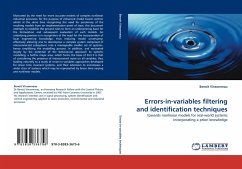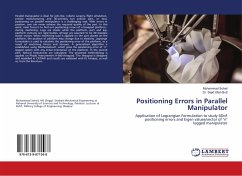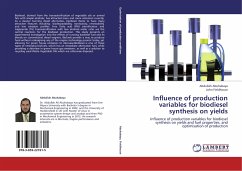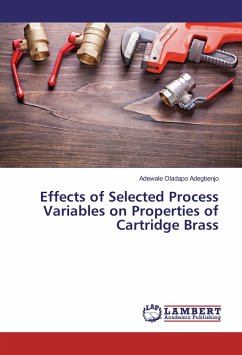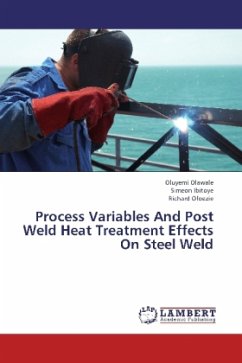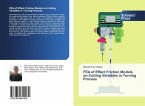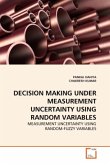Motivated by the need for more accurate models of complex nonlinear industrial processes for the purpose of enhanced model based control, whilst at the same time recognising the need for parsimony of the resulting models from an implementation point of view, this document attempts to establish the ground rules to form an underpinning basis for the formulation and subsequent evaluation of such models. An underlying premise is in recognition of the need for the incorporation of local engineering knowledge, thus reducing model uncertainty; effectively allowing one to decompose a complex system comprised of interconnected subsystems into a manageable smaller set of systems, hence simplifying the modelling process. In addition, and motivated largely by the potential of the behavioural approach to systems modelling, a further major area, which forms the basis of Part II is that of considering the presence of measurement noise on all variables; thus leading naturally to a study of errors-in-variables approaches developed for linear time invariant systems, and their extension to encompass a wider class of systems which may be represented by linear time varying and nonlinear models.

